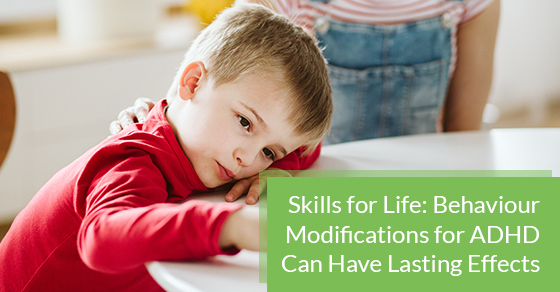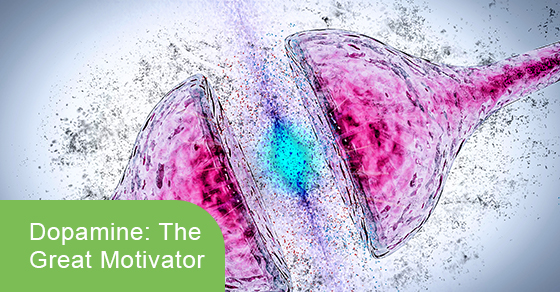When students with ADHD begin to struggle in school, there are many treatment options and forms of support that can be enlisted to help them. Among these are behavioural modifications, which are evidence-based interventions designed to improve impairment associated with ADHD, with a focus on long-term outcomes. These interventions include cognitive feedback therapy, a structured and goal-oriented form of talk therapy, and dialectical behavioural therapy (DBT), a type of cognitive feedback therapy that is showing great promise in helping people manage their emotions.
The Benefits of Long-Term Strategies
Strategies designed to modify behaviour over time and provide students with ways to increase their independence can be more time-consuming to provide than short-term tactics such as accommodations and medication. Research indicates, however, that interventions that focus on long-term outcomes—a “life-course model of care”—are highly effective, particularly in conjunction with other methods, such as academic support or executive function skills training.
What Is DBT?
DBT, originally designed to help people with Borderline Personality Disorder manage emotional turmoil and self-destructive behaviours, has now become widespread as an effective treatment option for helping people with ADHD improve their emotional regulation skills. The therapy introduces coping strategies in weekly skill-based modules and uses group treatment and individual support to make it easier for clients to manage low self-esteem, impulsivity, and self-control issues.
How Does DBT Work?
According to a recent article in ADDitude magazine by J. Russell Ramsey, DBT skills training, which is heavily focused on self-control, comprises four modules designed to assist individuals in better managing behaviors, emotions, and thoughts. These include mindfulness skills, distress tolerance, interpersonal effectiveness skills, and emotion-regulation skills. Mindfulness skills help people focus on the present and attend to what is happening in the moment, getting them to slow down and focus on what they need to take care of themselves. Distress tolerance teaches people to soothe themselves in positive ways instead of avoiding emotions or becoming overwhelmed by them. Interpersonal effectiveness focuses on helping people understand their relationship needs and how to ask for them in healthy and respectful ways and includes learning to listen and communicate with others, how to work to rebuild relationships, and understand when and how to say no. Emotional regulation skills teach participants how to ratchet down the intensity of their emotions without acting on them (Ramsay, 2021).
An Option for Younger Students
According to CHADD, children who can’t participate effectively in DBT can also benefit from a different type of behavioural therapy. Parents and caregivers can learn effective strategies to create structure, reinforce positive behaviours, discourage negative behaviours, use positive communications, and provide consistent discipline to help their children become more successful at home and in school.
At Evoke, we work with our clients and their families to reduce the symptoms of ADHD and improve functioning, both in the short term and over time. Talk to us about how our practitioners can help you or your student explore long-term strategies to instill the skills that last a lifetime.
Sources
“Behavioral Therapy for Young Children.” CHADD, 15 May 2018,
https://chadd.org/for-parents/behavioral-therapy-for-young-children/.
Evans, Steven W, et al. “Toward a Comprehensive Life-Course Model of Care for Youth with Attention-Deficit /Hyperactivity Disorder.” Handbook of School Mental Health Research, Training, Practice, and Policy, Springer US, Boston, MA, 2014, pp. 413–426.
Ramsay, J Russell. “DBT: The Emotional Control Therapy You Need Now.” ADDitude, WebMD LLC, 30 Apr. 2021,
https://www.additudemag.com/dbt-for-adhd-dialectical-behavioral-therapy/.


